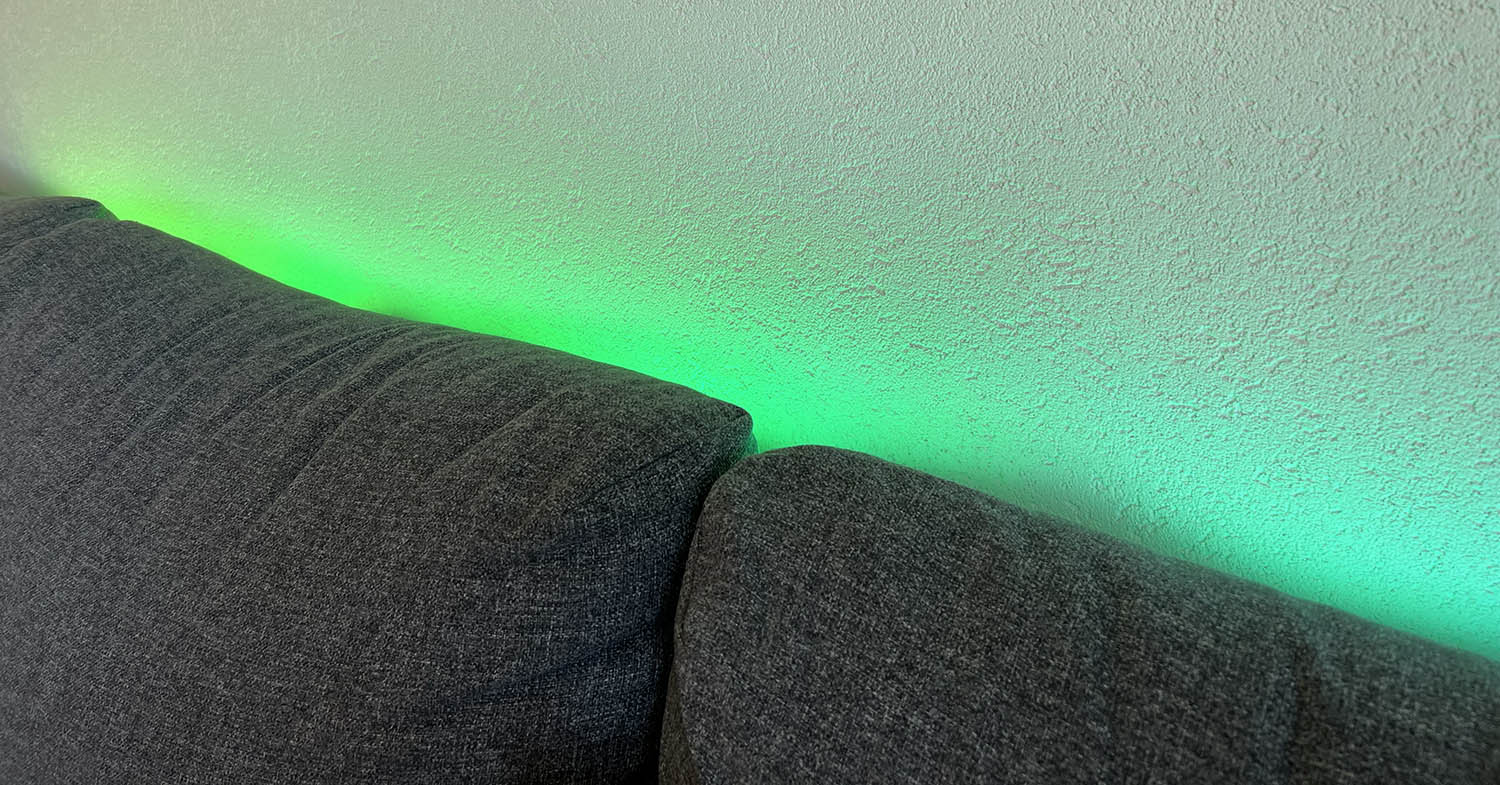Treatment-resistant major depressive disorder is a very serious and difficult-to-manage public health problem that is considered one of the main causes of disability worldwide and that puts the patient’s life at risk. For this reason, scientists are looking for new therapeutic approaches and ketamine is one of the drugs that has shown its effectiveness in these cases.
Ketamine is primarily used as an anesthetic in surgical procedures in both humans and animals, but it has been shown to provide rapid relief of depressive symptoms in some patients and may be useful as a potential treatment for treatment-resistant depression, post-traumatic stress disorder (PTSD), and other psychiatric illnesses.
A new phase 2 clinical trial by researchers at the University of Otago has now found that ketamine extended-release tablets are effective, safe and well tolerated in patients with treatment-resistant depression. Taking the tablets orally is easier and has fewer side effects – such as dissociation, abuse risk or cardiovascular adverse effects – compared with intranasal or intravenous administration, the study authors report in Nature Medicine.
The study involved 168 adults who had repeatedly failed regular antidepressant therapy. They took a range of oral doses of ketamine or a placebo for 12 weeks. Professor Paul Glue, Hazel Buckland Chair of Psychological Medicine at Otago, says the highest dose of ketamine (180mg) showed a significant improvement in depressive symptoms, compared with patients given placebo.
“Ketamine can be administered by injection or nasal spray, but these methods can make people feel distracted, sedated, and increase their blood pressure. This study shows that extended-release ketamine tablets are safe and effective, and overall tolerability was good with participants reporting minimal side effects,” Glue concludes.
Advantages of oral ketamine as an antidepressant drug
Paul Keedwell, a psychiatrist and member of the Royal College of Psychiatrists (UK), who was not involved in the study, told SMC UK that “more than 70% of depressed patients who had not improved with an average of more than four different antidepressants responded to oral ketamine and more than 50% experienced complete remission.” “In addition,” he added, “the researchers demonstrated an important advantage of oral ketamine: that the side effects were not significantly different from placebo. In other words, a ketamine tablet, unlike an infusion, is well tolerated. This is in line with previous research.”
“A potential drawback of taking ketamine orally is that there are likely to be large individual differences in absorption and metabolism.”
The psychiatrist notes, however, that while the results of the study “suggest that many will continue to do well with longer-term treatment, provided higher doses are used,” “further research is needed with larger numbers of patients.” He warns that “a potential drawback of taking ketamine orally is that there are likely to be large individual differences in absorption and metabolism, so further research is needed to determine the ideal dosing regimen.”
“This study confirms that oral ketamine, like intravenous ketamine, is an antidepressant but that its effect is dose-dependent. The results are good enough to justify the larger phase 3 trials that will be needed to license the 180mg twice-weekly dose. Given the ease with which people can opt to take two tablets if they don’t benefit from one, regulators may be interested in the benefits and risks of higher doses,” said Rupert McShane, a consultant psychiatrist at Oxford Health NHS Trust and associate professor in the Department of Psychiatry at the University of Oxford, who was not involved in the study but runs a clinic in Oxford that provides ketamine as a treatment for depression and is also leading an academic conference on ketamine and a proposal to repurpose intravenous ketamine as an alternative to electroconvulsive therapy.






